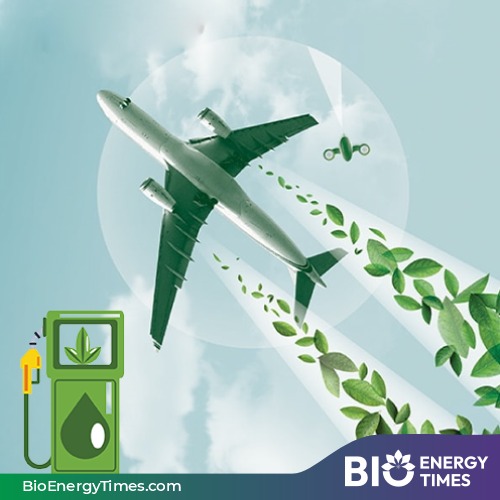On November 8, Calumet Inc. released its financial results for the third quarter and outlined plans for the development of Montana Renewables’ MaxSAF initiative, which will be supported by a loan guarantee from the U.S. Department of Energy (DOE), reported Biomass Magazine.
In mid-October, the DOE granted Montana Renewables a conditional commitment for a loan guarantee of up to $1.44 billion. The funds will be used to support the construction and expansion of its biorefinery in Great Falls, Montana.
Calumet stated that the expansion project would position Montana Renewables as one of the largest producers of sustainable aviation fuel (SAF) globally, with a production capacity of around 300 million gallons per year (MMgy) of SAF, and a total capacity of 330 MMgy when combining SAF and renewable diesel.
Todd Borgmann, CEO of Calumet, explained that the MaxSAF project is modular in nature, with the development divided into discrete phases. The initial expansion, expected to take about two years, will increase the facility’s SAF production capacity to 150 MMgy, with this expansion projected to be operational by 2026.
Subsequent phases of expansion will take more time to design and implement, Borgmann added. These will include increasing renewable hydrogen production, expanding feedstock pretreatment capacity, upgrading the wastewater system, adding renewable electricity and steam through cogeneration, enhancing SAF truck loading capabilities, and implementing other efficiency improvements.
Regarding Montana Renewables’ current operations, David Lunin, Calumet’s CFO, reported that the facility processed nearly 12,000 barrels per day of renewable feedstock in the third quarter. SAF production rose to 2,500 barrels per day, up from 1,700 barrels per day in the second quarter, with September production reaching 3,200 barrels per day.
Montana Renewables is also conducting a planned turnaround in November to replace its catalyst. This timing was strategically chosen to complete the work before the winter season, and it coincides with a period of margin uncertainty, as the blenders tax credit is expected to transition to a production tax credit.
For the third quarter, Montana Renewables reported an adjusted EBITDA of $12.7 million, a decrease from $38.2 million in the same quarter last year. However, Calumet noted that the third-quarter results reflect improved operational performance, higher volumes from its renewable business, and a new production record for SAF.
To read more about Sustainable Aviation Fuel Industry News continue reading Bioenergytimes.com














